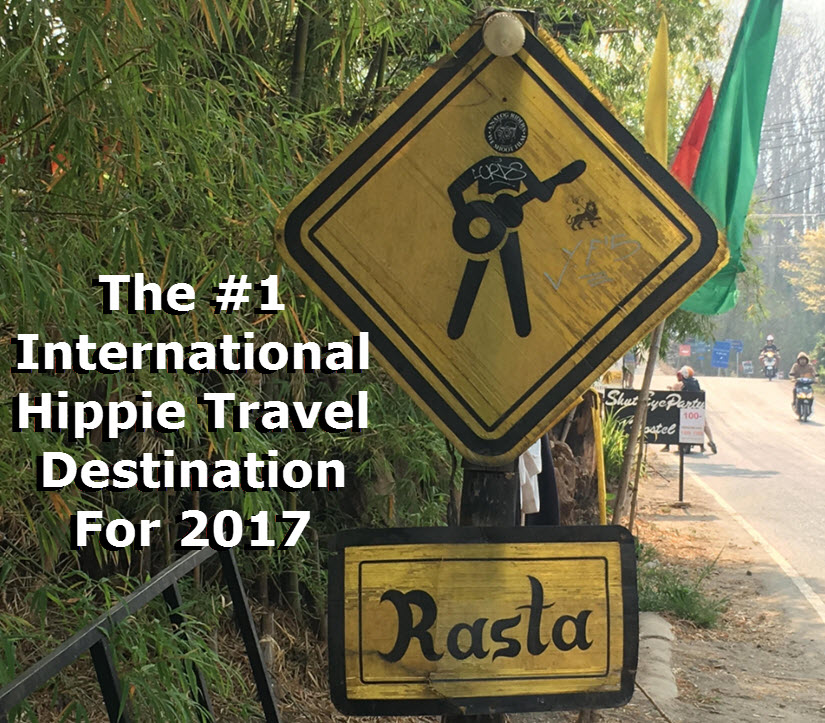Malaysia Abolishes Death Penalty After Cannabis Oil Case
Asian nations have some of the harshest drug penalties in the world, and Malaysia is no exception. In February earlier this year, 6 individuals were sentenced to death because of drug trafficking. No matter what your nationality is, the punishments are brutal if you are caught trafficking in Malaysia.
But in a surprising move, Malaysia’s government has just announced that a case involving Muhammad Lukman, a medical cannabis provider, has been reprieved after he was originally sentenced for hanging by a court of Shah Alam last August 30. He was charged based on the 1952 Dangerous Drug Act for possession of 3 liters of cannabis oil, and 279 grams of cannabis. The cops came to his residence to arrest him last December 2015, as well as his pregnant wife. But his attorney says that he wasn’t involved in any criminal dealings, although he was coordinating with advocacy groups including the Gerakan Edukasi Ganja Malaysia (Malaysia Ganja Education Movement) for the purpose of helping the sick by giving them cannabis oil under his company called HealTHCare. He gave it to them free of charge if they couldn’t afford it, which goes to show that he wasn’t trying to earn money from it.
This is a huge win for human rights as well as cannabis, although the changes to the drug law still haven’t happened yet. It may not even be able to save the life of the defendant, although it’s still good news.
On October 10, cabinet chief Liew Vui Keong said that the government is looking into abolishing the death penalty by the next session of parliament which is set for this week. The news follow Prime Minister Mahathir Mohammed’s call to his cabinet that the death penalty statues should be changed as a response to the public backlash received following the death penalty sentenced to Muhammad Lukman, a cannabis oil producer. We can only hope that legislative amendments happen soon enough, before his execution.
“From the reports, it looks to be a miscarriage of justice,” says Nurul Izzah Anwar, a parliament member.
The move was praised by Amnesty International. “Today’s announcement is a major step forward for all those who have campaigned for an end to the death penalty in Malaysia. Malaysia must now join the 106 countries who have turned their backs for good on the ultimate cruel, inhumane, degrading punishment – the world is watching,” says Amnesty International’s secretary general Kumi Naidoo. “There is no time to waste, the death penalty should have been consigned to the history books long ago,” Naidoo says. Amnesty International says that death penalty has caused a “terrible stain” on the human rights record of Malaysia.
Many of Lukman’s patients including his own mother testified in court. Professor Mohammad Aris Mohd Moklas, a University Putra Malaysia neuroscience teacher, did as well while he presented his recent research on the medicinal benefits of cannabis, entitled “Delta-9-Tetrahydrocannabinol Induce Neurogenesis and Improve Cognitive Performance of Male Sprague Dawley rats.” His supporters even created an online petition for his freedom, and it’s garnered around 70,000 signatures so far.
Other Cases
Malaysia still has several other death penalty cases waiting in the shadows.
Free Malaysia Today reports that Amiruddin Nadarajan Abdullah is still on trial in Petaling Jaya for giving cannabis oil to around 800 patients, many of whom include grandparents and young children. To show support, they also testified in court. But if Abdullah, also called Dr. Ganja, is convicted, he could still be hanged unless the drug laws are changed as soon as possible. This doesn’t even count the 1,200 prisoners on death row in the country.
“We call upon the government to vigorously speak up for our citizens facing death row in distant shores. Having rejected the death penalty in this country, we now have the moral authority to fight for the lives of our citizens abroad,” says N. Surendran, adviser for Lawyers for Liberty, a Malaysian human rights group. He urges the Malaysian government to work on the cases of hundreds of Malaysians who are on death row in other countries including Singapore, because they were drug mules.
Several other Asian countries such as Indonesia, China, Thailand, and Vietnam still use capital punishment for many drug-related crimes.
Malaysia Abolishes Death Penalty After Marijuana Oil Case from CannabisNet on Vimeo.
OTHER STORIES YOU MAY ENJOY...
THAILAND LEGALIZES MEDICAL MARIJUANA, CLICK HERE.








